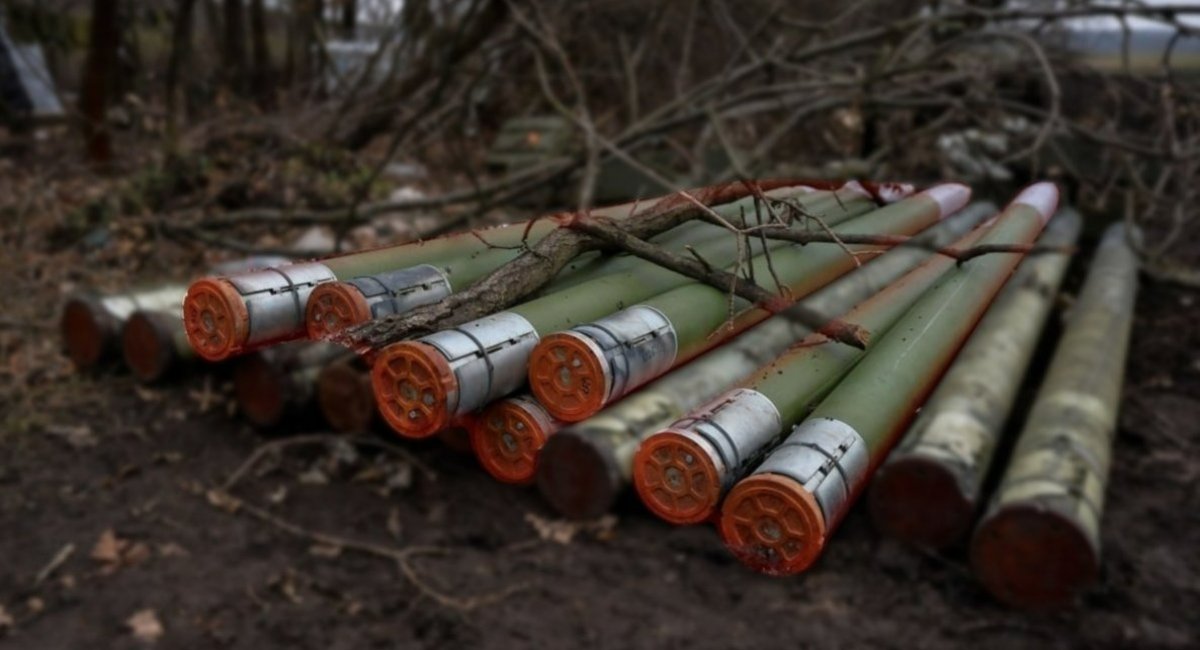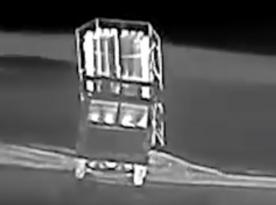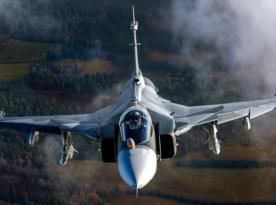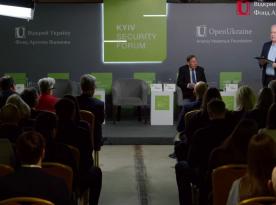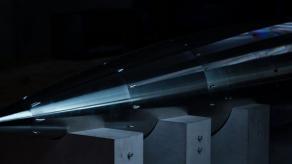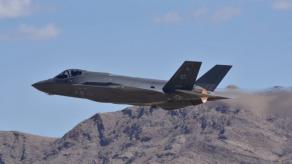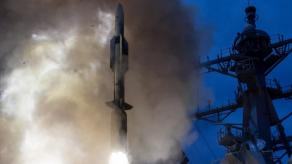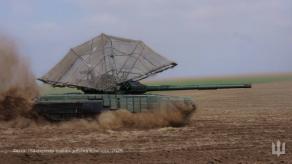Kremlin's state-funded media once again accused Serbia of sending ammunition to Ukraine, this time citing "sources in the Foreign Intelligence Service." Publicly, the Serbian government has been denying any involvement in supporting Ukraine militarily.
In russian accusations, noteworthy are both the theory of how Belgrad organized the transfer and the content of threats they are already making towards the country with overall lukewarm relations with russia.
Read more: Surprising Supplier Gives Ukraine Thousands of "Grad" Artillery Rockets With a Firing Range 40 km
The russian intelligence insiders claimed that the Serbian defense industry arranged a roundabout way to deliver supplies to Ukraine: ammunition components were manufactured in Serbia, then assembled into finished products in the Czech Republic and Slovakia. Thus several batches of 122mm rockets and 120mm rocket-propelled shells were allegedly delivered.
The media labeled artillery shells and rockets provided to Ukraine as "long-range weapons that kill servicemen and residents of the russian federation," which, as they say, "violates the 100-year friendship between the Serbian and russian peoples."
Particularly noticeable is how the resonance around this topic is being purposefully reinforced. For example, one of the russian media published an assessment by the head of the russian Centre for Analysis of Strategies and Technologies, Ruslan Pukhov. The guest said the Serbian defense industry was "traditionally distinguished by immorality in arms supplies," apparently manifested sales of arms simultaneously to Armenia and Azerbaijan right before the war for Karabakh in 2020.
When asked, why the Foreign Intelligence Service decided to publish these statements, the answer was that "the Serbian people should evaluate these facts" in order to "restore friendship with the russian people."
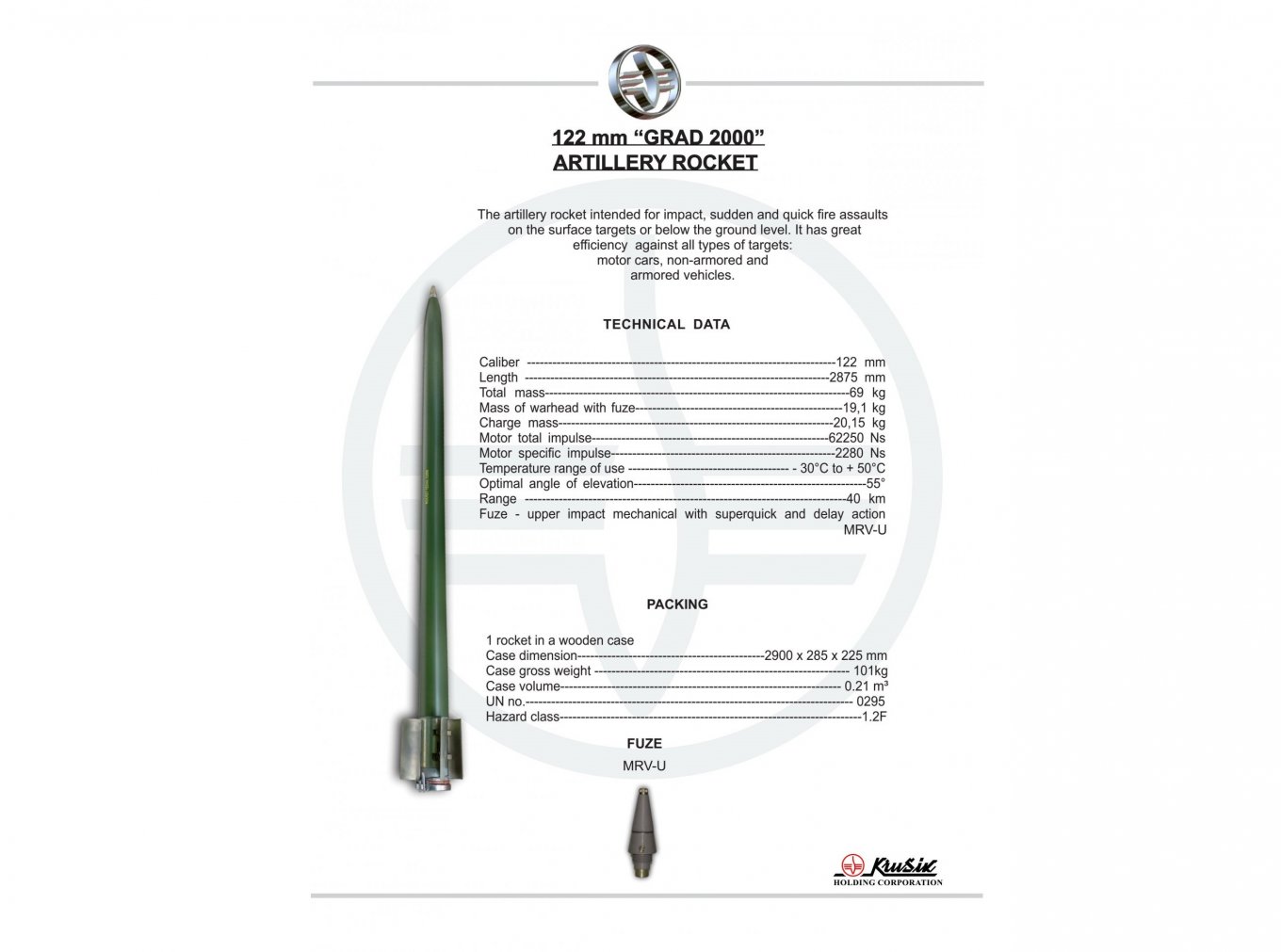
In other words, Defense Express points out, the russians took a hybrid warfare approach to retaliation for all this claimed support to the enemy, with subversive information campaigns against Serbia. The accusation itself, however, was made with little substance to back these claims.
Belgrad, meanwhile, interpreted these allegations as an attempt to hold back the efforts of Serbia's defense industry, suggesting that russia had previously attempted to interfere with Serbian expansion into global markets, in a non-public form.
Read more: Mysterious Howitzer of Ukrainian Dnipro-1 Unit Could be From Bosnia and Herzegovina




